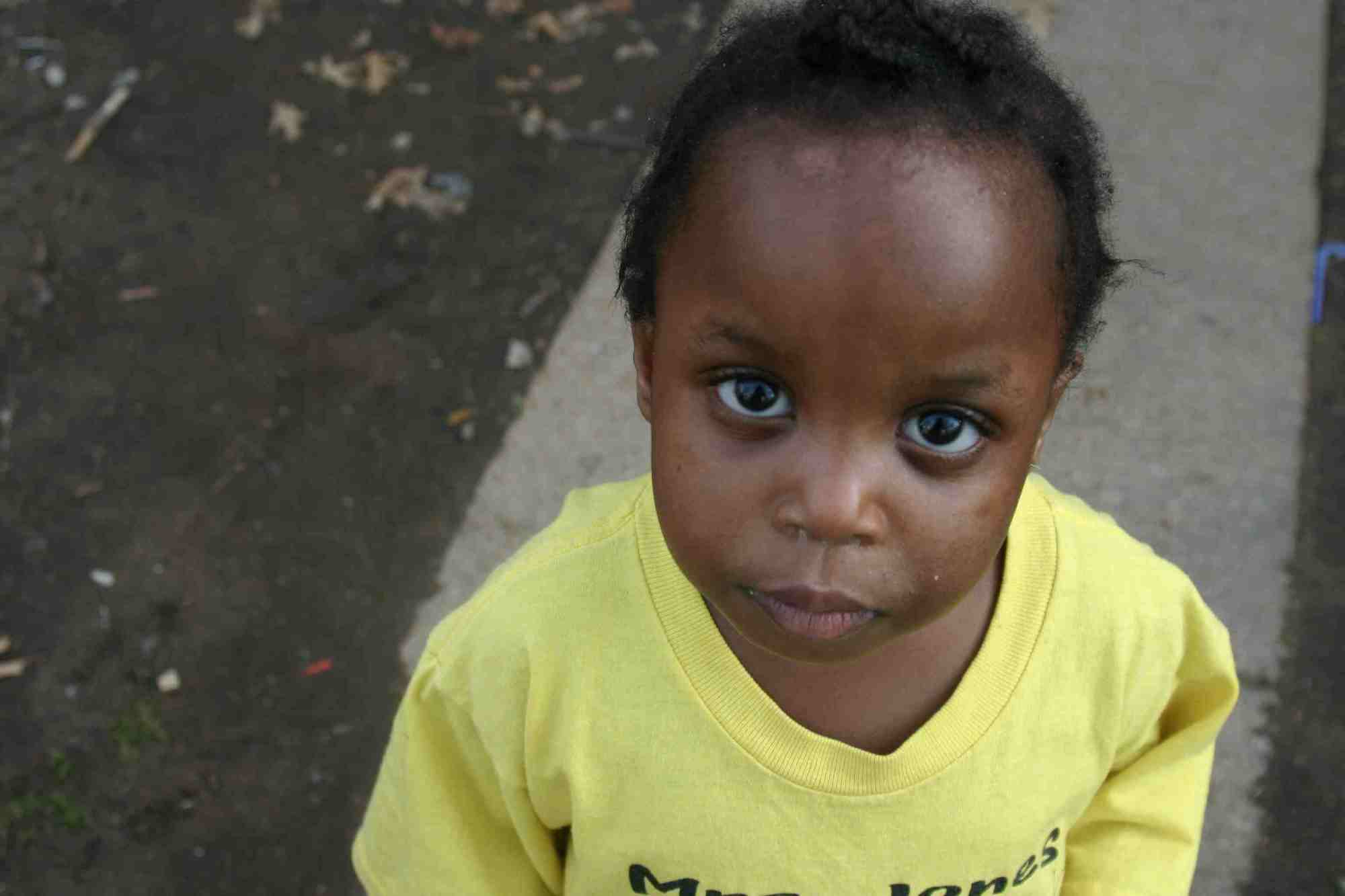Virtually all refugee parents with children up to age 5 will meet the income-based eligibility requirements for Head Start services when they first arrive in the U.S. Linking newly resettled refugees with local Head Start programs can provide many benefits for both the Head Start program and for refugee families. Advantages in collaboration reported by refugee resettlement agencies include:
-
Ready access to center-based early childhood development services, enabling refugee parents to go to work more quickly after arrival in the U.S.;
-
Comprehensive assessments and services for the whole family, including education, nutrition, and health/mental health care; and
-
Head Start’s active engagement of refugee families as partners in their children’s early learning and development.





